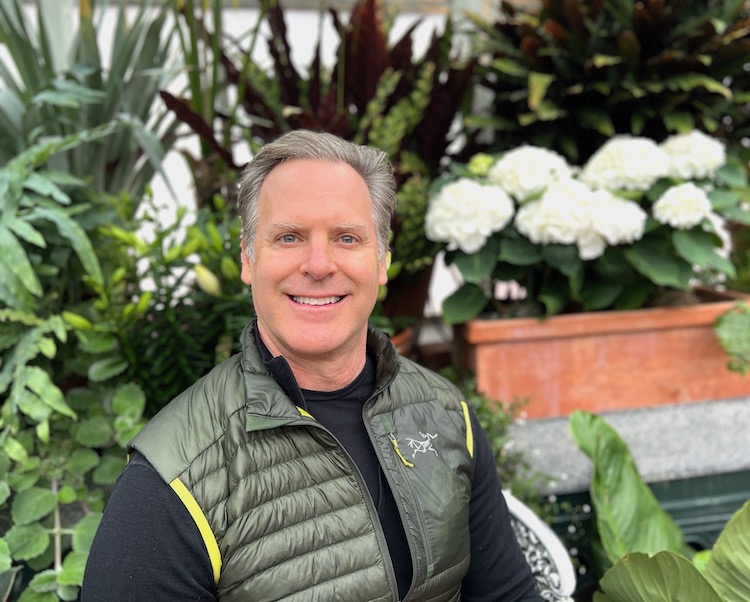How is Chinese Medicine different from other medical systems?
And what are its benefits and what does it treat?
 Chinese medicine along with the adjunct medicines of Ayurveda and Naturopathy treat the whole person and the critical patterns of an underlying imbalance that are unique to each Constitution. This model of diagnosis, treatment and understanding of dis-ease is synthetic and wholistic, and not strictly linear or based solely on mechanistic Western models (although having western diagnostic information will always help in understanding an overall comprehensive picture in addition to fostering and environment of complimentary care). Afterall, Medicine is what is healing to a person regardless of its origin, mechanism or philosophy. In this way All Medicine is One, inclusive and mutually supportive.
Chinese medicine along with the adjunct medicines of Ayurveda and Naturopathy treat the whole person and the critical patterns of an underlying imbalance that are unique to each Constitution. This model of diagnosis, treatment and understanding of dis-ease is synthetic and wholistic, and not strictly linear or based solely on mechanistic Western models (although having western diagnostic information will always help in understanding an overall comprehensive picture in addition to fostering and environment of complimentary care). Afterall, Medicine is what is healing to a person regardless of its origin, mechanism or philosophy. In this way All Medicine is One, inclusive and mutually supportive.
Western support of Chinese Medicine is undeniable; however, in that both the NIH (National Institute of Health, 1997 report) and WHO (World Health Organization, 2002 report) have published reports supporting the safety and efficacy of acupuncture as well as the plethora of efficacious results shown in clinical trials. See Chart of WHO for a list of diseases and symptoms treated by acupuncture.
Chinese medicine elicits tried and true beneficial medical results that are patient-centered and patient-supported throughout the millennia. It is undeniable that Chinese Medicine is a dynamic living medicine. One might say it is even the original core “functional medicine” treating ailments of many origins from a variety of perspectives but with an eye to the integrative whole from a systems approach to physiology, functionality and treatment.
Chinese medicine is also the original “energy” medicine as the paradigm of Qi / energy pathways mapped as meridians or channels as well as the acupuncture points along those channels find themselves in all ancient traditions. These energetic pathways connect deeply with all tissue and organ systems coordinating an intricate web of connection, cohesion and collaboration. Energy encompasses all that is and ever will be. The Cultivation of Qi is an integral part of Chinese Medicine for both the doctor and the patient/client. A doctor practices Qigong to help facilitate healing and prevent depletion of energy. It is important to be clear, unbiased and available to address the appropriate layer of imbalance: physical, mental, emotional, spiritual (sometimes all of the above at once)
The “Spirit’ is also part of Classical Chinese Medicine along with the physical and mental/emotional aspects. While most other medicines tend to separate the Spirit and even the mental-emotional aspects from the physical body and relegate them to the realm of religion or spirituality, Chinese medicine integrates body-mind-spirit and places them front and center in an unapologetic and brilliant fashion. It is only through the committed and depth of study that these layers emerge more and more for the doctor of this medicine. Such an integration of Spirit in a world trying to move away from this realm gives Chinese Medicine a treasure chest of healing potential and sets this medicine apart from more strictly mechanical forms of practice.
In fact, a “true scholar physician” or “upper echelon physician” is one that utilizes many tools available to his/her disposal to treat the underlying root cause of patient’s condition while also addressing the immediate symptoms. However, most important among its tenets is the treatment of the Heart/Spirit. In this way, Chinese medicine is a “calling” and its practice is an ethical attunement to the continual study of the classical theories, herbal and medical canons, and energy anatomy and physiology in an ongoing fashion. I am proud of the depth and integrative wisdom of these classical traditions and the commitment, courage and dedication required to practice them. Placing the Heart-Mind-Spirit as its core is one of the energetic facets that makes Chinese Medicine a form of Consciousness medicine in addition to its obvious practical and physically available benefits. In this manner, Chinese medicine encompasses the past, present and the FUTURE. Energy medicine is this wave and deep within its roots, Chinese medicine has the DNA to bridge us to the future.
Ancient Gateways…Whole Health Empowerment
Some examples of treatable conditions are indicated below (not an exhaustive list);
Please contact Dr Loop OMD to ascertain how this ancient medicine may support you even if your condition is not specifically listed here. Also download PDF of WHO chart of symptoms and conditions treated by Acupuncture.
Conditions Treated by Acupuncture (PDF)
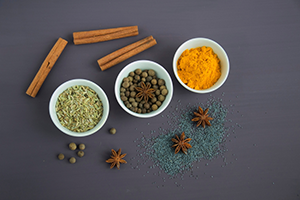 Adverse effects from radiotherapy and/or chemotherapy
Adverse effects from radiotherapy and/or chemotherapy- Allergies; Allergic rhinitis, sinusitis etc.
- Amenorrhea
- Anxiety
- Arthritis
- Blood Sugar imbalances
- Carpal Tunnel Syndrome
- Chronic Fatigue Syndrome (CFS)
- Colds and Flu
- Constipation
- Chron’s Disease
- Depression
- Diarrhea
- Digestive disturbances of many types and origins
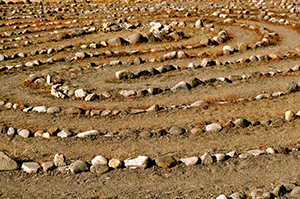 Dizziness
Dizziness- Dysentery
- Dysmenorrhea
- Fatigue
- Fibromyalgia
- Headache
- Hypertension
- Irritable Bowel Syndrome (IBS)
- Injuries and Pain
- Lyme Disease
- Men’s issues: impotence, libido, seminal issues, urinary complaints
- Menstrual Disorders
- Menopause
- Nausea: general, or from chemotherapy etc.
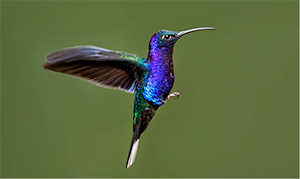 Pain:
Pain:
- General muscle pain, tendon or bone pain, deep
- Lower back; upper back
- Neck pain
- Leg pain
- Knee pain
- Shoulder pain
- Hip pain
- Headaches
- Foot or hand pain
- Facial pain, including teeth pain, or TMD
- Sciatica or sciatic-like pain
- Postoperative pain
- Thoracic outlet syndrome or compartment syndromes
- Rheumatoid arthritis
- Skin issues and complaints
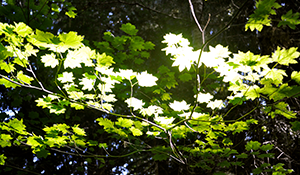 Sleep issues: bad or difficult sleep, insomnia,
Sleep issues: bad or difficult sleep, insomnia,- Sprains or Strains
- Stress
- Stroke
- Tennis elbow
- Urinary issues
- Women’s issues: menstrual complaints and irregularities, hormonal imbalances, pregnancy support, pre-and post-partum, menopause



